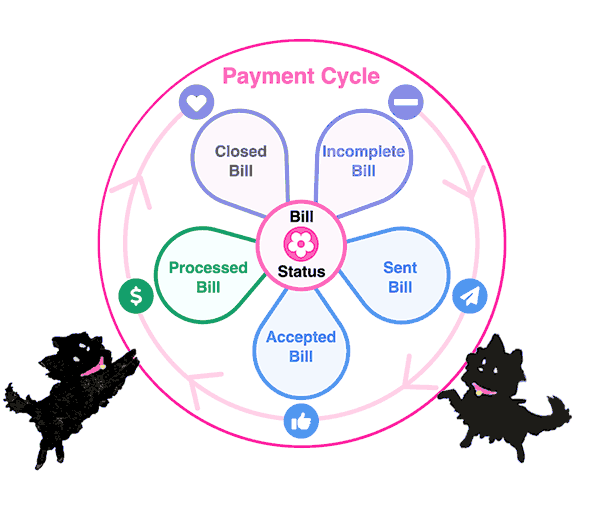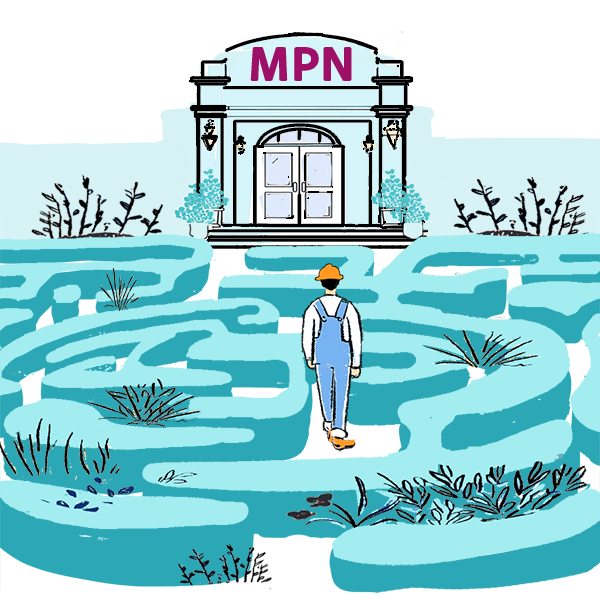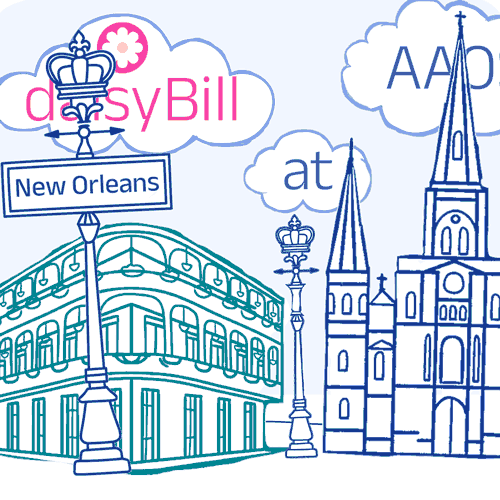daisyData: CA Providers Paid at Fractions of Fee Schedule Rates

As daisyNews recently demonstrated with current, verifiable data:
- California’s workers’ comp fee schedule is one of the lowest nationwide, and
- Data from over 7 million procedure codes demonstrate that payers reimburse California providers at rates well below these low fee schedule rates.
Sadly, it gets worse. According to daisyData, based on millions of workers’ comp bills, real-world reimbursement rates are wildly inconsistent across California providers, ranging from as low as 27% of fee schedule rates to as high as 100% of fee schedule rates.
Moreover, the administrative burden of managing incoming bills with seemingly randomly varying reimbursements adds more layers of complexity and practice expense, in a state where practice expenses are among the highest nationwide.
In California, injured workers struggle to find physicians because many doctors refuse to treat them due to low reimbursement rates.
Yet, State Insurance Commissioner Ricardo Lara and the Workers' Compensation Insurance Rating Bureau are raising California employers' workers' comp premiums while blaming medical costs.
So, where are California employers' workers’ comp dollars going? Below, daisyData shows how little providers are paid.
Fee Schedule vs Actual Reimbursement Data by Provider
On our public CA State Fee Schedule vs Provider Reimbursement page, daisyBill breaks down the payment data flowing into our system from millions of California bills. One view of the data (shown below) is by each daisyBill billing provider.
This daisyData table compares what should be paid under California’s workers’ comp fee schedule with what providers are actually being paid. Below, we list each daisyBill billing provider by its Federal Employer Identification Number (FEIN), which we mask to publicize the provider’s payment data without compromising its identity or privacy.
Some of the worst examples include:
- One provider was paid only 67% of state fee schedule rates
- Two others were paid just 74%
- The majority fall short of 100%, with many hovering around 80-82%
These data don’t represent isolated underpayments. They paint a picture of systemic shortfalls that add up to millions in lost reimbursements (and workers’ comp employers’ premiums) that doctors are not receiving for the care of California’s injured workers.
The Real Costs of Low Reimbursements
So, if the state mandates a $1,000 payment, but the provider gets $700, what happens to the other $300?
Providers are not the ones draining employers’ wallets. Instead, intermediaries like Preferred Provider Organizations (PPOs), bill review companies, and Third-Party Administrators (TPAs) profit from this rampant discounting.
The daisyData reveal that PPOs and non-enforcement of payment laws and regulations have completely undermined the California fee schedule. These provider payment disparities result from sophisticated mechanisms that utilize PPO and other network discounts, Medical Provider Networks (MPNs), and convoluted bill review practices, reducing providers’ payments as much as possible.
Even worse, claims administrators apply completely invalid discounts based on contracts that don’t apply (or in some cases, don’t exist).
Practices cannot treat injured workers at these paltry fractions of the state fee schedule rates. Meanwhile, California employers pay higher workers’ comp premiums as their injured employees struggle to access care.
Know exactly how much payers owe your practice per the fee schedule. Click below to try our Fee Schedule Calculator free for 3 days.
TRY THE CALCULATOR
DaisyBill provides content as an insightful service to its readers and clients. It does not offer legal advice and cannot guarantee the accuracy or suitability of its content for a particular purpose.


.gif)

.png)

